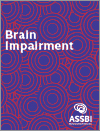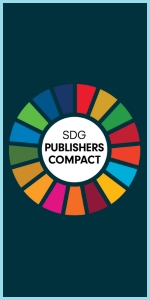Certain patients with reduced consciousness undergo an operation to remove a portion of the skull to relieve intracranial pressure. This study compared the outcomes of such patients with those of similar patients who later underwent an additional operation to repair the skull. The second operation, which restores cosmesis and has other advantages, did not decrease consciousness recovery or survival and did not increase the risk of complications; therefore, we concluded that it can be offered to these patients.
IB23124 Abstract | IB23124 Full Text | IB23124PDF (559 KB) Open Access Article





